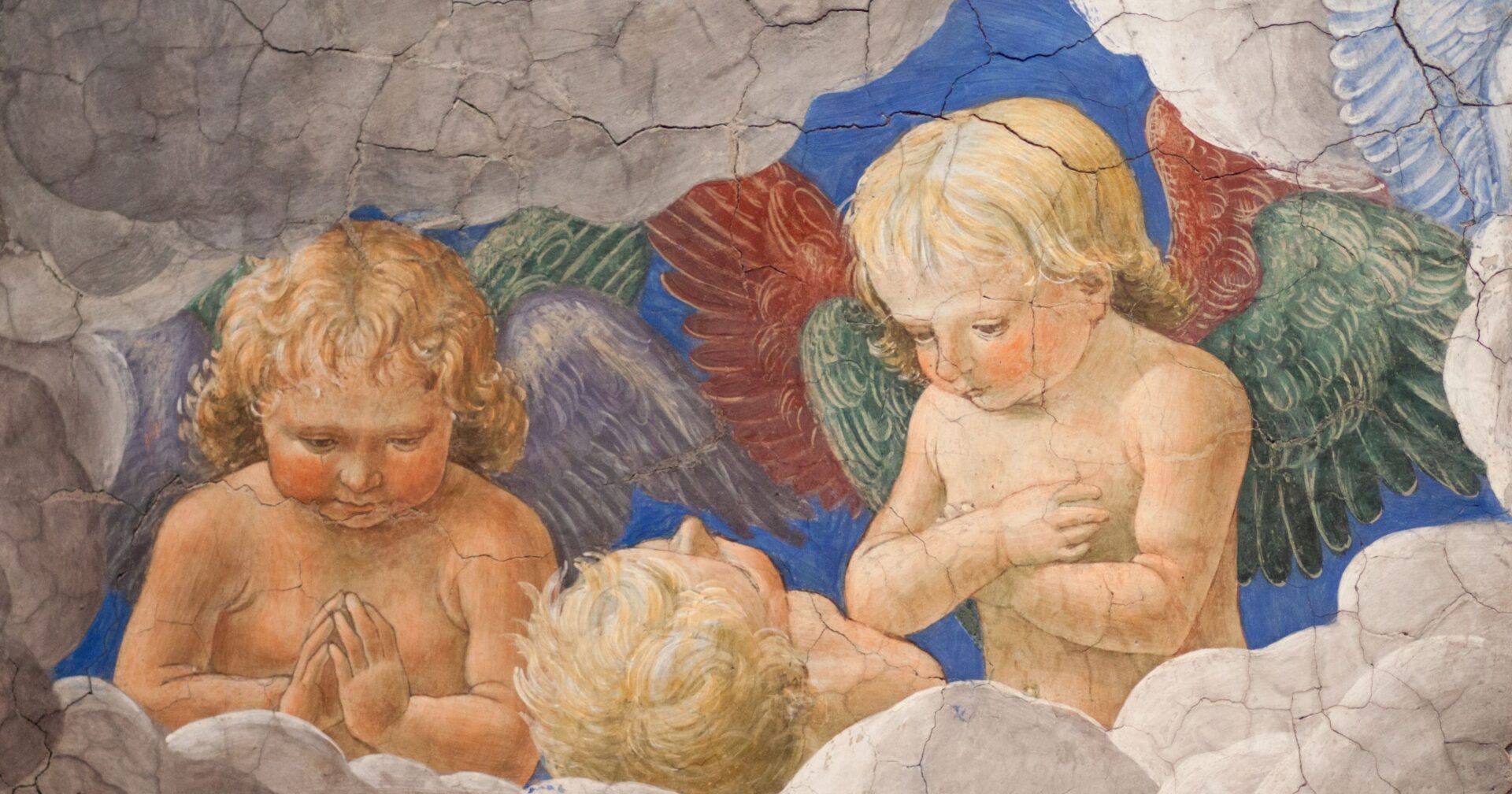Right now is by far the most peaceful time in all of history, often taken for granted without considering that peace used to be rare. Since antiquity, tenuous alliances have been codified with royal marriages between nations, but peace as an institution didn’t exist until the first Truce of God was declared: the first mass peace movement was a Catholic creation.
“For a CHILD IS BORN to us, and a son is given to us, and the government is upon his shoulder: and his name shall be called, Wonderful, Counsellor, God the Mighty, the Father of the world to come, the Prince of Peace.” – Isaiah 9:6
After the collapse of the Carolingian empire in the late ninth century, France fell into apart into many small counties and lordships with local knights and nobles constantly feuding for control.
With France in anarchy, bishops gathered at the Synod of Charroux to decree the first Pax Dei in 989 A.D. The Peace of God automatically excommunicated anyone in Western France who attacked women, children, farmers, merchants, clergy, and churches. The Pax Dei spawned the first mass peace movement that spread across Western and Central Europe.
In 1027 A.D., the Council of Toulouges declared the first Treuga Dei. The Truce of God restricted nobility from warring starting sundown Wednesday to sunrise Monday, honoring the days of the Ascension, Passion, and Resurrection. War was also restricted from the first Sunday of Advent to the end of the Octave of Epiphany and from Septuagesima Sunday to the end of the Octave of Easter.
The Third Lateran Council in 1179 A.D. extended the Treuga Dei as an institution of the whole Church. In total, only about 80 days spaced in chunks throughout the year were available for warfare. Military aged men were also required to take an oath at minimum every three years to adhere to the Truce of God. Any who broke the oath were swiftly excommunicated by the bishops. Robert the Pious took a variation of such an oath:
“I will not infringe on the Church in any way. I will not hurt a cleric or a monk if unarmed. I will not steal an ox, cow, pig, sheep, goat, ass, or a mare with colt. I will not attack a vilian or vilainesse or servants or merchants for ransom. I will not take a mule or a horse male or female or a colt in pasture from any man from the calends of March to the feast of the All Saints unless to recover a debt. I will not burn houses or destroy them unless there is a knight inside. I will not root up vines. I will not attack noble ladies traveling without husband nor their maids, nor widows or nuns unless it is their fault. From the beginning of Lent to the end of Easter I will not attack an unarmed knight.”
The Peace and Truce of God resulted in everything good about the High Middle Ages: the rise of chivalry, scholasticism, classic cathedrals, agricultural improvements, and the golden age of Monasticism.
The Peace of God lasted for over three hundred years until monarchs began their consolidation of power in the early 14th century. The beginning of the Hundred Years War marked the end of one of the longest sustained periods of peace ever and the end of the first mass peace movement.
Editorial credit: Cividin / Shutterstock.com















